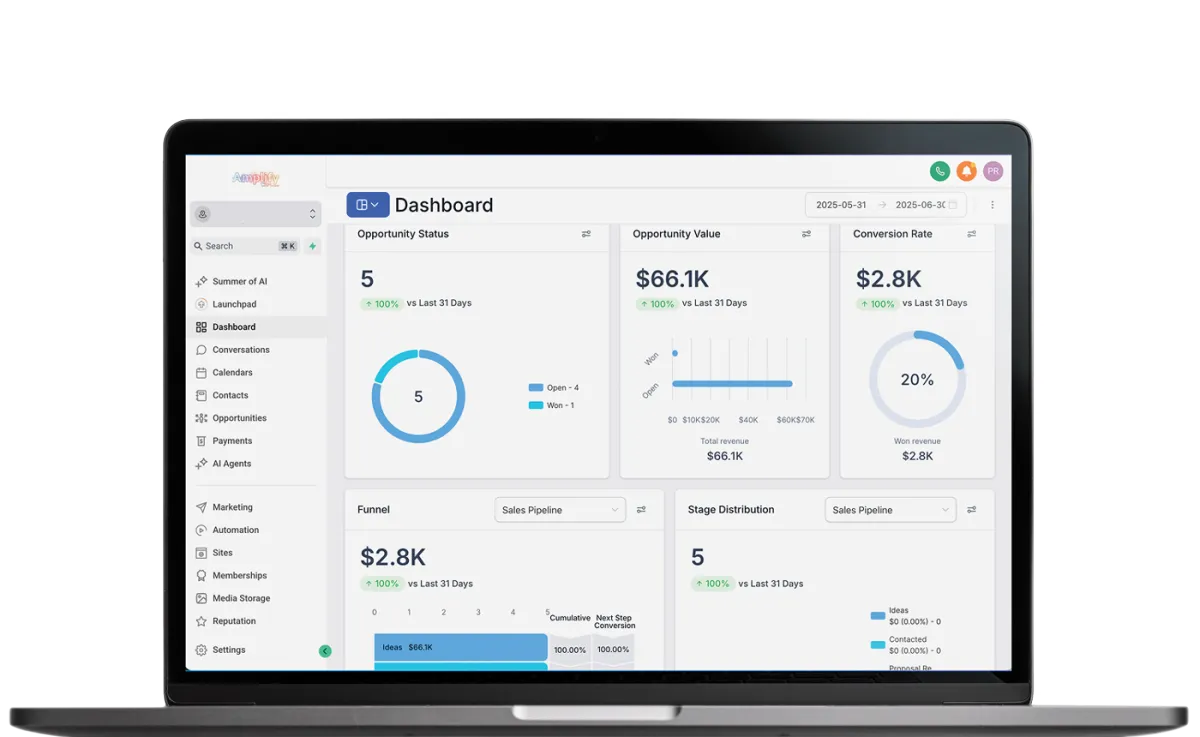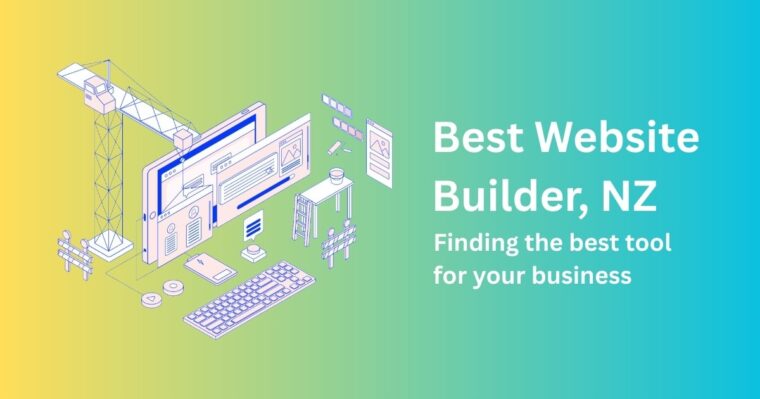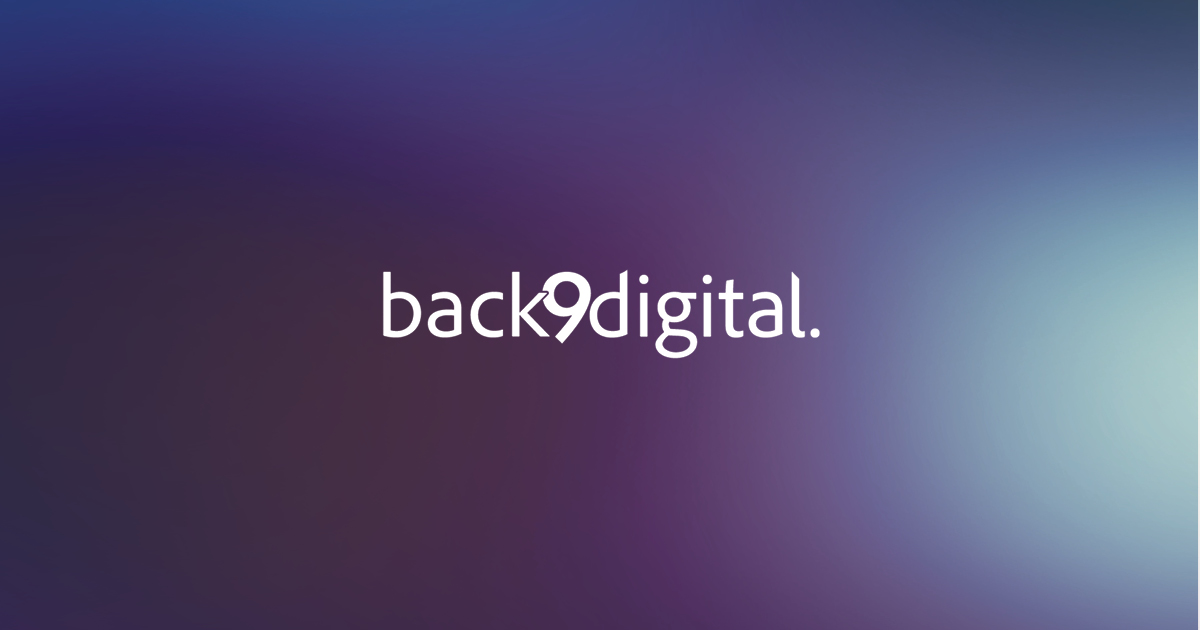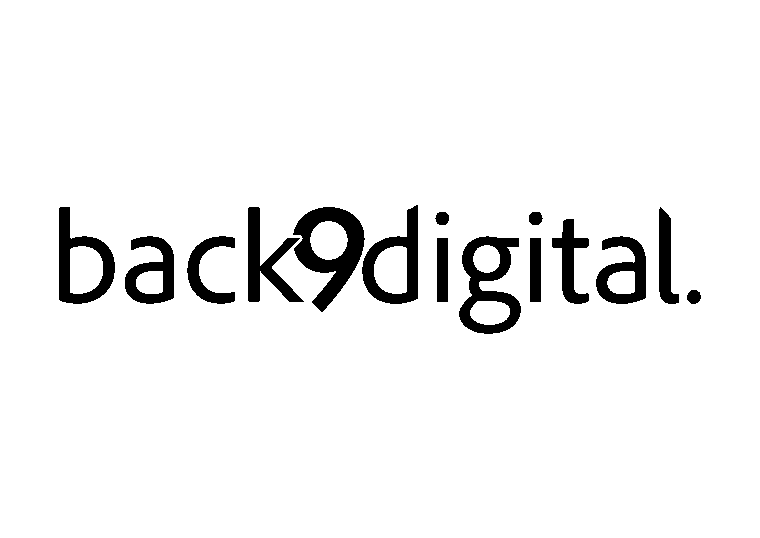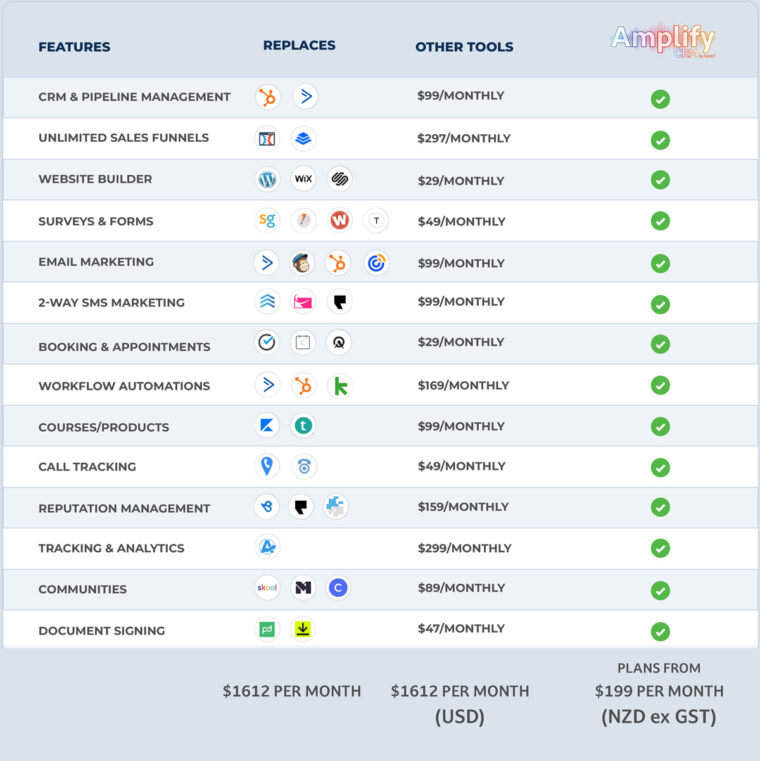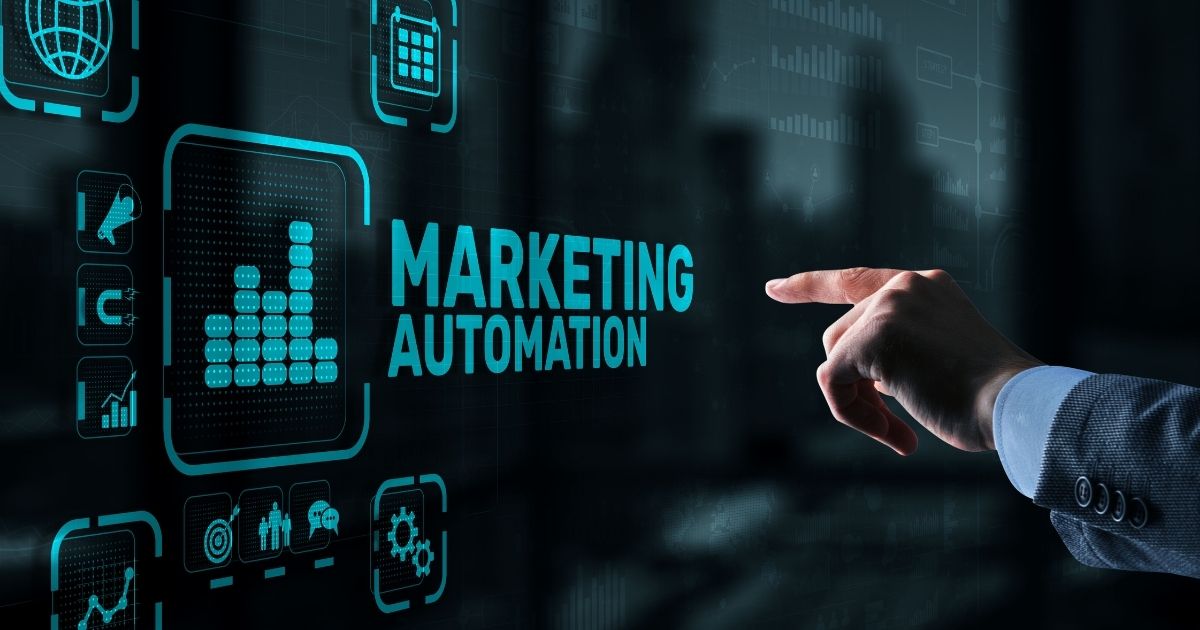Marketing automation has been transforming how businesses engage with customers. It streamlines repetitive tasks, freeing up time for strategic planning.
Imagine reaching the right audience with personalised content, effortlessly. That’s the power of marketing automation.
Understanding how marketing automation works is crucial. It optimises the customer journey, enhancing user experience and boosting conversion rates.
Integrating CRM with marketing automation provides a holistic view of customer interactions. This integration is key to smarter campaigns.
Automation tools help businesses scale by automating email campaigns and social media posts. They ensure consistent communication across channels.
Data-driven insights from these tools allow for continuous improvement. They refine marketing strategies, leading to higher ROI and business growth.
What Is Marketing Automation and Why Does It Matter?
Marketing automation uses technology to automate marketing tasks. These tasks include email marketing, social media posting, and lead management.
This automation is more than just technology. It’s a strategic approach to optimise marketing efforts and improve efficiency.
With automation, businesses can engage with leads with personalised messages. This ensures every potential customer receives relevant content at the right time.
Key reasons marketing automation matters include:
- Enhanced targeting of customer segments
- Improved lead conversion rates
- Increased efficiency in marketing processes
In today’s competitive market, staying ahead requires leveraging the power of marketing automation. Businesses that embrace these tools can save time and resources.
Moreover, marketing automation helps businesses maintain consistent communication across various channels. It provides a smooth experience for customers.
For small and mid-sized businesses, automation can be a game-changer. It allows them to compete with larger companies by streamlining operations and focusing on strategic growth.
Understanding marketing automation’s role and importance can transform your digital strategy. Embrace it to maximize your business’s potential.
How Automation Works: The Basics Explained
Marketing automation streamlines your marketing tasks by using software to automate repetitive actions. It’s like having a virtual assistant for your marketing team.
At the core, these tools collect and analyse data. This data helps you understand customer behaviours and preferences. With this insight, you can craft tailored messages for each segment of your audience.
Here’s a simple breakdown of how it works:
- Collect data through various channels like social media and website visits.
- Automate the sending of personalised emails based on user actions.
- Track and analyse customer responses and interactions.
Automation tools can also score leads based on their activities. This helps prioritise which leads are ready for sales engagement.
By understanding how marketing automation works, you can optimise your customer interactions. This leads to more efficient workflows and a personalised user experience.
The key is to automate without losing the human touch. Keep your customers in mind as you design your automation strategies.
Mapping the Marketing Automation Customer Journey
The customer journey is vital for maximising engagement. Marketing automation tools enhance this journey, ensuring each interaction is meaningful and relevant.
Mapping out the customer journey with automation involves identifying key touch points. These touch points are moments where your business interacts with the customer, from awareness to purchase.
To effectively map the journey, follow these steps:
- Identify and define each stage of the journey.
- Determine the goals for each stage, aligning them with customer needs.
- Automate personalized messages at each touchpoint to ensure consistency.
Tailoring messages at each stage creates a seamless experience, guiding customers through the sales funnel efficiently.
Utilize data from automation tools to refine your messaging strategy. Analyze how customers move from one stage to the next and make adjustments as needed. This approach not only enhances the customer experience but also improves your conversion rates, turning potential leads into loyal customers.
CRM Marketing Automation: Integrating Customer Data for Smarter Campaigns
CRM marketing automation is pivotal for crafting strategic marketing campaigns. It merges customer relationship management with automated marketing processes.
By integrating CRM data, businesses gain comprehensive insights into customer interactions. This holistic view enables the creation of highly personalized campaigns tailored to individual preferences.
Key steps in CRM marketing automation include:
- Syncing CRM data with automation tools to enhance accuracy.
- Segmenting customers based on specific behaviours and needs.
- Crafting targeted messages that resonate with different segments.
Automation tools streamline the delivery of relevant content to the right audience. This strategic alignment boosts engagement and conversion rates effectively.
Using CRM data allows for precise targeting, reducing wasted resources on uninterested audiences. This integration not only optimizes marketing efforts but also strengthens customer relationships, fostering loyalty and repeat business. By leveraging CRM marketing automation, businesses can predict customer needs and respond proactively, staying ahead in competitive markets.
Key Benefits: Why Businesses Rely on Marketing Automation
Marketing automation provides significant advantages that businesses find indispensable. These tools free up valuable time by managing repetitive marketing tasks efficiently.
One major benefit is the increased lead generation and conversion rates. Personalized content targets the right audience, enhancing engagement and fostering customer loyalty. This tailored approach can make a noticeable difference in marketing outcomes.
Additionally, marketing automation ensures consistent communication throughout the customer journey. It uses data-driven insights to refine strategies and respond to shifting market conditions swiftly.
Key benefits of marketing automation include:
- Streamlined marketing processes
- Improved targeting and personalization
- Enhanced lead tracking and nurturing
- Comprehensive analytics for performance assessment
These benefits contribute to achieving a higher return on investment. Businesses that leverage marketing automation can scale more effectively, focusing resources on innovation rather than routine tasks. This strategic use of automation helps organizations remain competitive and growth-oriented in a digital-first marketplace.
Selecting the right marketing automation tools is crucial. They should align with your business goals and operational needs. Start by identifying features that enhance efficiency and user experience.
A key feature to consider is seamless integration with existing CRM systems. This ensures all customer data is synchronised and accessible for smarter decision-making and targeted campaigns.
Moreover, robust analytics capabilities are essential. These tools should offer insights into campaign performance, highlighting areas for optimisation.
When evaluating options, focus on these core features:
- CRM integration for consolidated data
- Detailed analytics and reporting tools
- Multi-channel campaign management
- Automation of repetitive tasks
- Advanced segmentation and targeting
Lastly, ease of use and scalability are vital. The tool should grow with your business, adapting as your digital marketing strategy evolves. This flexibility allows for continuous improvement and sustained competitive advantage.
Building an Effective Marketing Automation Strategy
Creating a robust marketing automation strategy requires clear objectives. Start by defining what success looks like for your business. It’s essential to align automation with your broader marketing goals.
Begin with understanding your audience. Know their needs, preferences, and behaviours to tailor your campaigns effectively. A customer-focused approach ensures relevance and boosts engagement rates.
Map out your marketing processes. Identify which tasks can be automated to save time and resources. This step highlights areas for potential efficiency gains.
Key steps to consider include:
- Defining clear objectives and success metrics
- Understanding and segmenting your audience
- Mapping processes and identifying tasks for automation
- Integrating automation into existing marketing efforts
Finally, regularly review and refine your strategy. Continuous improvement helps adapt to changing market conditions and emerging trends. By doing so, you ensure your automation strategy remains effective and aligned with your business goals.
Common Pitfalls and How to Avoid Them
Implementing marketing automation can sometimes lead to missteps. These errors often stem from a lack of preparation or understanding. Avoid these pitfalls by staying informed and strategic.
One common mistake is over-automation. Automating everything can lead to impersonal interactions. Keep a balance by maintaining human touchpoints where needed. It’s crucial to remember that customers value genuine connections.
Another frequent issue is neglecting data hygiene. Poor data quality can lead to inaccurate targeting. Regularly clean and update your databases to ensure accurate segmentation.
Watch out for these pitfalls:
- Over-automating and losing personalization
- Neglecting data hygiene and segment accuracy
- Ignoring analytics and failing to optimize campaigns
Lastly, forget not to analyze your results. Use analytics to refine your strategies and enhance performance. Doing so ensures your marketing automation efforts remain relevant and effective.
Real-World Examples: Marketing Automation in Action
Marketing automation is being used effectively by various companies. Small businesses and large corporations benefit from these tools. They streamline processes and elevate customer engagement.
For instance, a mid-sized e-commerce brand uses automation to personalise email marketing. By leveraging customer data, they send tailored offers based on purchase history. This strategy boosts their conversion rates significantly.
Another example is a local service provider. They utilize automation to manage their social media presence. Scheduled posts and engagement analytics help them connect with their audience more efficiently.
Real-world examples include:
- Personalized email campaigns by e-commerce brands
- Social media management for local service businesses
- Streamlined customer support with automated responses
These examples highlight the tangible benefits of marketing automation. They showcase how various industries leverage tools to enhance operations and drive growth.
Measuring Success: Analytics and Continuous Improvement
Analytics play a crucial role in evaluating marketing automation. They offer insights into campaign performance and ROI. Businesses can refine their strategies based on these findings.
Continuously monitoring data ensures campaigns remain effective. It allows for adjustments to market changes. This agility can greatly enhance results over time.
Key metrics to track include:
- Conversion rates
- Customer engagement
- Marketing campaign ROI
Analysing these metrics helps businesses identify what works. This focus on continuous improvement can increase the efficiency of marketing efforts. Ultimately, it drives sustained growth and customer satisfaction.
Getting Started: Steps to Implement Marketing Automation in Your Business
Marketing automation requires thoughtful preparation. First, clearly outline your business goals. Understand what you aim to achieve with automation.
Next, choose a tool that aligns with your needs. Evaluate features, usability, and integrations. Ensure it fits within your existing tech stack.
Initial steps for implementation:
- Define key objectives
- Research and select the right tools
- Train your team on usage
After setup, monitor results closely. Gather data to measure initial outcomes. This approach ensures you’re moving in the right direction. Aim to refine strategies based on ongoing insights for optimal performance.
Marketing automation empowers businesses to work smarter, not harder. By automating repetitive tasks, companies can focus on strategy and growth.
As you integrate marketing automation, watch as efficiency increases and customer engagement improves. This transformation is key to unlocking potential and driving sustainable business success.




